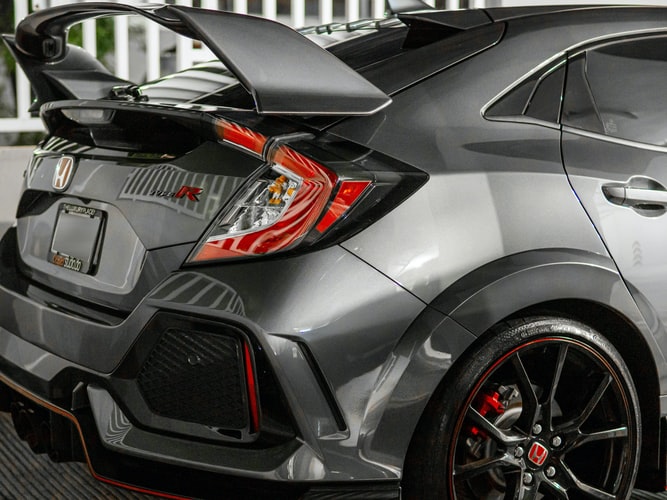Honda are considered one of the top 10 most reliable manufacturers in the automotive world and rightfully so, but like all manufacturers, they aren’t exempt from their problems. From faulty airbags to issues with transmission failures and rapid brake wear, Honda owners have reported a range of different problems that range from quick fixes to costly repairs. While most aren’t a problem in all models or even all vehicles in a particular model group, owners have reported various concerns worth noting. Whether you already own a Honda and are wanting to know what you could face, or you’re looking to buy a new or used one and are still in the research stages, we’ve put together this quick guide to get you started.
Airbag Issues
Honda has unfortunately fallen under the industry-wide recall by Takata for their faulty airbags. According to HondaProblems, Takata’s inflators use “a chemical called ammonium nitrate to inflate the airbag during a crash” which “can become unstable when exposed to temperature fluctuations or high humidity”. This can ultimately cause the inflators to explode with excessive force, enough to “rupture the metal canister… and spray sharp fragments out into the cabin” (https://www.hondaproblems.com/takata/, 2019). Takata airbags have also seen issues around airbags not inflating upon impact – both of the above issues can be and have been fatal. Check your model with Honda for information about recalls and whether your vehicle has been affected.

Locking Problem
Owners of Honda’s 2007-2009 Honda CR-V vehicles have reported issues with the locking mechanism, according to an article by Medium.com. They stated that “Honda CR-V models from 2007-2009 often displayed issues with driver-side door locks. The door either failed to lock altogether or got stuck in a perpetual circle of locking and unlocking.” which could pose a security risk for drivers (https://medium.com/@olivierr392/understanding-common-honda-car-problems-961ea4f8b5d1).
Cracked Engine Block
Medium also reported that Honda extended their warranty on 2006-2009 Honda Civics that may have been subject to cracked engine blocks. They stated that a “common issue with honda vehicles is cracked engine blocks” which meant that they were “prone to cooland leaks” and “often (led) to engine overheating” (https://medium.com/@olivierr392/understanding-common-honda-car-problems-961ea4f8b5d1) Coolant leaks can lead to engine failure due to overheating so if you believe that your vehicle has this problem, you may be entitled to complete engine replacement through the manufacturer.
Transmission Failures
Owner reports have also suggested that Honda’s automatic transmissions have been pretty hit or miss over the past couple of decades, according to HondaProblems. They claim that “automatic transmissions in some 1999-2004 Honda models are failing well before 100,000 miles.” and that the problem was “due to a design or materials defect with the torque converter” (https://www.hondaproblems.com/transmission-failure/). Considering that this is the feature that acts as a clutch, this can prove problematic. When not working correctly, the torque converter can burn through transmission fluid and make it difficult or impossible to switch gears or in some cases, even move at all. If you think your transmission is faulty, it’s important to get it checked as soon as possible.
Rapid Brake Wear
Brake pads wear down – it’s an unfortunate fact of owning a car. However, according to HondaProblems, the 2008-2998 Honda Accords are reportedly prone to premature brake wear, with some Accord owners “reporting worn rear brake pads in as few as 12k miles” (https://www.hondaproblems.com/accord-brake-wear/). To put that into perspective, brake pads are expected to last at least 70,000 miles. Honda appeared to never acknowledge the issue themselves, however, a class-action lawsuit in 2009 led to Honda settling to compensate car owners for the replacement of rear brake pads.
If you’ve been having problems with your Honda and want to book in for a repair, or your vehicle is due a service, feel free to get in touch with our team, today.


